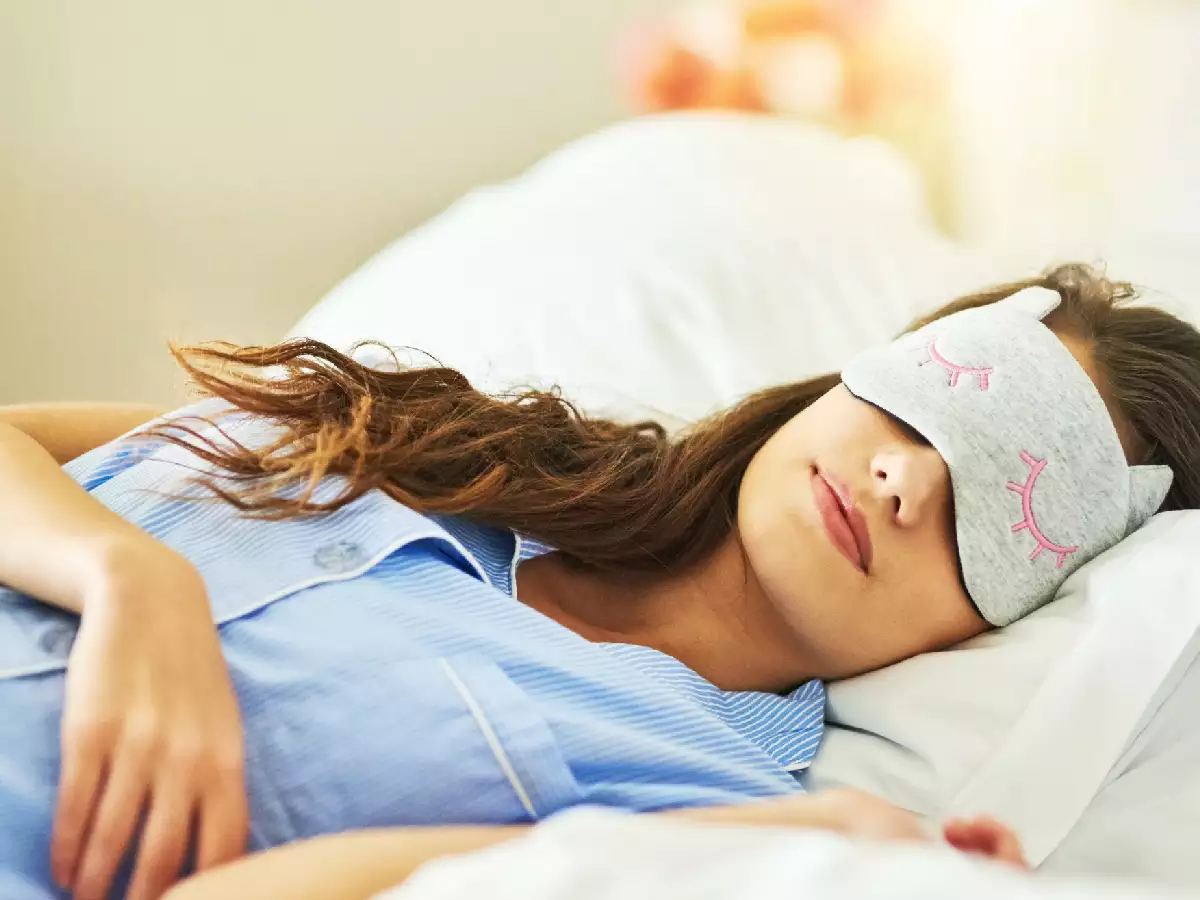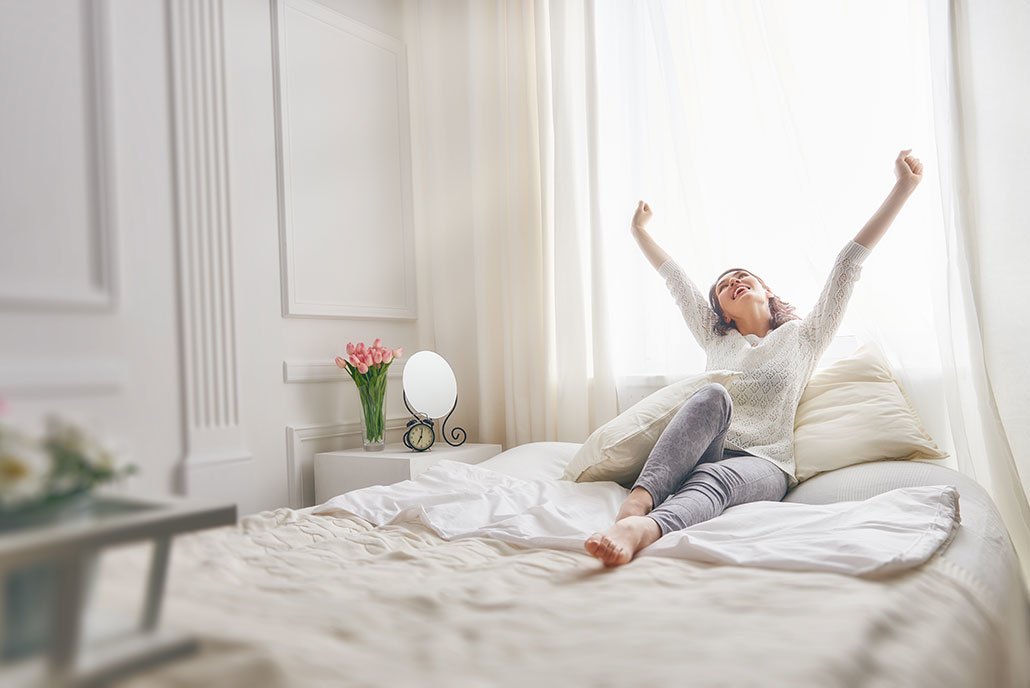Every one of us has gone through a bad night of sleep, as this is perfectly normal. However, the question is, how can we try to improve the quality and quantity of our sleep? Here are seven tips; some of them are also grounded in science that can help you with having a good night’s sleep.
Incorporate a Regular Sleep Pattern
On number one of our list, we have regularity. Regularity requires us to go to bed at the same time and wake up at the same time. Regularity is king when it comes to improving one’s sleep cycle. By incorporating a regular sleep pattern, you will improve both the quality and quantity of your sleep, no matter whether it’s a weekday or weekend.
It doesn’t matter whether you had a bad night of sleep by inducing regularity in your sleep pattern; the truth is that deep within your brain, you possess a 24-hour clock. And this inner clock expects regularity and works best under regular conditions, including the control of your sleep and wake schedule.
Many of us use an alarm to wake up; however, only a few of us use an alarm that tells them it’s bedtime and having this kind of alarm can be very helpful.
Adjust the Right Temperature
The short rule for temperature is to keep the room cool. The truth is that our brain and body are required to drop their core temperature by at least 1 degree to initiate sleep and subsequently to remain asleep for a certain period.
This is why you will always find it easier to fall asleep in a cool room and a suitable temperature for your brain and body to initiate sleep. The current recommendation is to strive for a bedroom temperature that is nearly 19 degrees Celsius. Yes, we know that this sounds cold but cold it must be. The rule is to have a cold bedroom rather than to have a hot one.

Sleep in the Dark
We are a dark-deprived society, especially since we are all the time glued to our screens. To cut it short, we need some of the darkness to get a goodnight’s sleep, specifically in the evening. Darkness triggers our body to release a hormone known as melatonin.
This hormone (melatonin) helps regulate the healthy timing of sleep and allows us to rest when we need to. That said, in the last hour before bed, we recommend staying away from all the screens and shutting off your laptop and smartphones, drawing the curtains, turning off the lights, and consciously telling your body and mind that now is the time to sleep.
You will be taken by surprise at how sleepy darkness can make you feel. If you like, you can also wear an eye mask, or you can install blackout shades. Just ensure that no light enters your room and that melatonin can be produced.
Get up & Walk
Suppose you have stayed in your bed for a long time now but failed to fall asleep; you ought to get out of bed and walk for some time. As a rule of thumb, you can follow a 25-minutes rule. Let’s say you have been lying in bed, tossing around for 25 minutes, but failed to fall asleep, or you have woken up in the middle of the night and failed to sleep again; it is recommended to get out of bed and do something different.
The underlying reason is that the human brain is an incredibly associative tool. Over time, the brain has become associated with the feeling that the bed isn’t a place where you can find sleep, which is why it is mandatory to break this kind of association.
By getting out of bed, you can indulge in something else. The bottom line is that you should only return to bed when you feel sleepy. What happens next is that gradually, your brain will unlearn the previous association and relearn the association of your bed as the place for sound and peaceful sleep.
Avoid Alcohol & Caffeine Intake before Bed
Another good rule of thumb is to avoid alcohol and caffeine in the afternoon and in the evening, and certainly, try not to go to bed in a drunk state. The best time to consume coffee is in the morning when you need an alert mind; however, your mind needs rest and sleep in the evening and throughout the night, which is why it is a good idea to avoid caffeine in the afternoon.
When it comes to alcohol, don’t have more than one or two glasses, and preferably, consume alcohol over the weekends.

Prepare Your Bed
Sometimes the quality of our bedding plays a crucial role in the quality and quantity of our life, which is why it is essential to choose a comfy mattress, pillows, and the right bed sheets. You might want to check out these bamboo bed sheets for a soft and dreamlike touch that is perfect for a good night’s sleep.
Follow an Unwinding Routine
Last on our list; we have the tip of following an unwinding routine. We live in a world where it is us against time. Many of us think about sleeping in a similar fashion. We expect to fall asleep the very minute we dive into our beds, switch off the light, believing that sleep is just like the light switch, that we should be able to immediately fall asleep.
Unfortunately, for most of us, sleep isn’t quite like that. You may want to think of sleep as a landing plane. In other words, your brain needs time to slow down and descend into a dreamy frequency and onto the firm bedrock of good sleep.
That said, it is important to disengage in the last half an hour before your fixed sleep time from the computers and smartphones while allowing your mind to relax. Find out what works for you to unwind and stick to that routine.


















